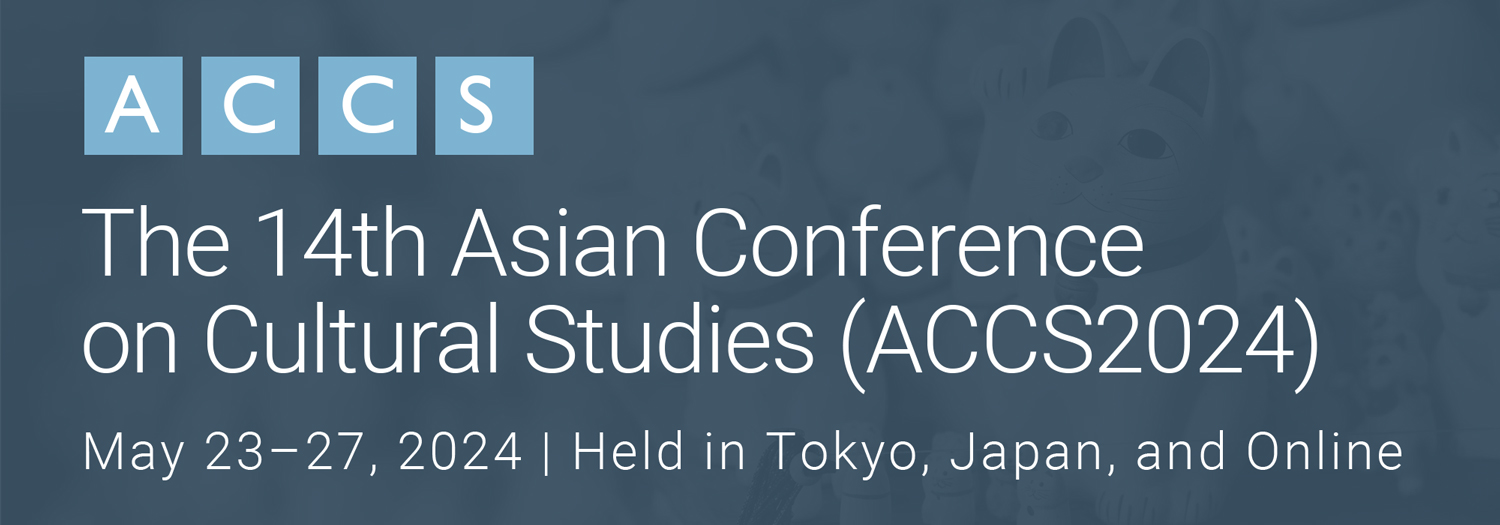CinEthics: Israeli Cinema 1960s-2000s (80078)
Saturday, 25 May 2024 14:50
Session: Session 4
Room: Room 701
Presentation Type: Panel Presentation
This panel is concerned with the evolution of major ethical questions that emerged in Israeli cinema from the 1960s through the 2000s. Analyzing the cin[e]thics involved in cultural-cinematic representation in the aftermath of trauma, the panel deals with the impact of the Holocaust as a constitutive trauma on later Israeli identity formations: from that of the self-denied "new Jew" and the unrecognized and excluded Holocaust woman survivor, to the "new war" soldier-perpetrator. Analyzing cin[e]thics' interconnectedness between the denial of Holocaust survivors, the undermining of Zionism, and the criticism of unjust wars raises new definitions of overloaded ideological categories, such as victimhood, heroism, survival, and perpetration. Thus, the three distinct cases discussed by the panel expose fractures in the identity of the Israeli male as depicted during the 1960s and 1970s in the oeuvre of one of Israel's major auteurs, Uri Zohar (presented by Presenter #1); women's Holocaust-related sexualized trauma as it is negotiated in the retro films of the 1980s through 2000 (presented by Presenter #2); and the trauma of Israeli soldiers who suffer from moral injury due to clashes with the Palestinian civilian population, as depicted during the 2000s (presented by Presenter #3). In each of these newly theorized cases, the films' aesthetics cope with the burden of complex ethical representation of moral fissures in the national fabric; in each period they pave the way to negotiating Israeli identity transformations, attesting to Israeli cinema's goals to promote the circulation of public ethical consciousness and re-imagining much-desired social and political change.
Authors:
Sandra Meiri, The Open University of Israel, Israel
Raya Morag, The Hebrew University of Jerusalem, Israel
Odeya Kohen-Raz, The Open University of Israel, Israel
About the Presenter(s)
Dr Sandra Meiri is a University Associate Professor/Senior Lecturer at The Open University of Israel in Israel
See this presentation on the full schedule – Saturday Schedule





Comments
Powered by WP LinkPress